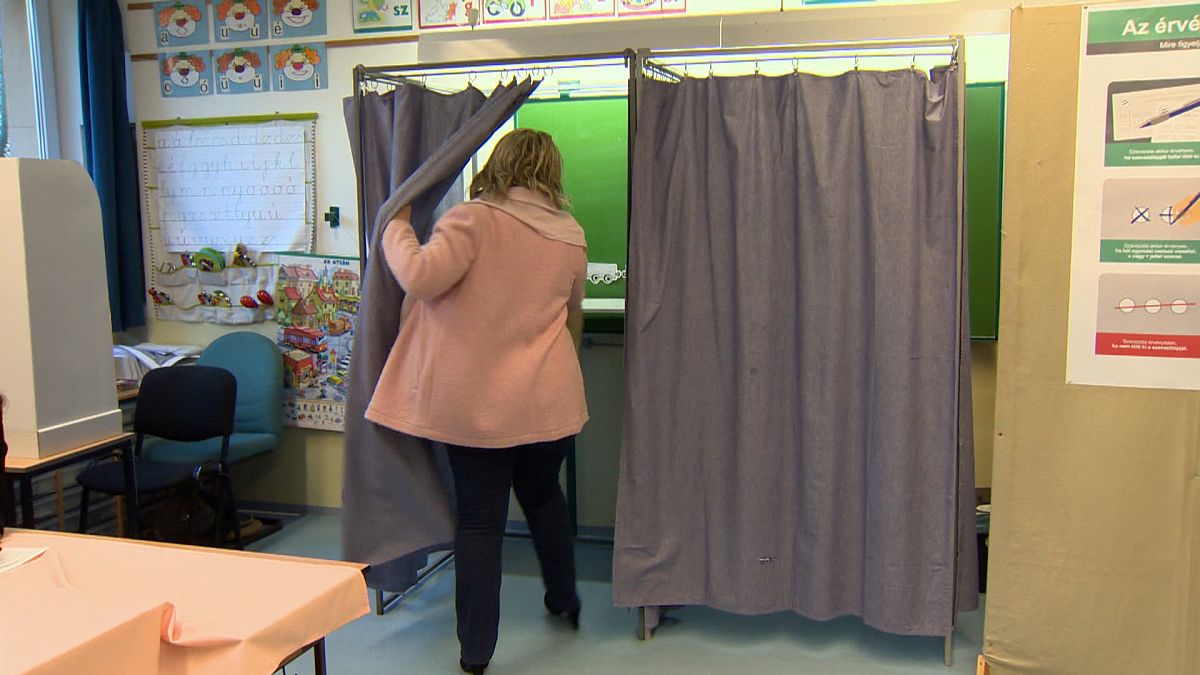The conditions in which parliamentary elections are being held have attracted increasing international attention. Hungary is the first EU member state to receive a full-scale OSCE observer mission.
When Hungarian state TV was obliged by electoral law to give air time to opposition candidate
Péter Márki-Zay - it ran an interview early in the morning that lasted just five minutes. It was the latest example, independent observers say, of how Hungary’s public media has distorted this election contest - and made it very difficult for Márki-Zay and his six party coalition to get their message across to voters.
An International Press Institute report describes state media as “uncritically echoing the messaging of the government and acting as a year-round campaign tool of the ruling party,” while the government’s accused of distributing its massive advertising budget to finance private media outlets that support it - and starve those that don’t. Election expert Róbert László says this is just part of the problem.
"A lot of people live in such a vulnerable situation that they take it for granted that in order to stay in a public works programme or to get some benefits locally, they have to put their cross in the right box at election time, whether it's local or national,” he says. “They don't necessarily need to be intimidated to do that anymore, they've been broken over time, unfortunately."
The conditions in which these elections are being held have attracted increasing international attention. Hungary is the first EU member state to receive a full-scale OSCE observer mission.
"It is not OSCE observers who will prevent possible electoral fraud, but they will be better able to document it than ever before,” says László. “Also, it may have a deterrent effect, hopefully. Even in the smallest municipalities. If you expect that observers could walk in at any moment, it's conceivable that there could be individuals or small groups of individuals who are planning to cheat but say, ‘OK, not this time’."
A further concern for the opposition is the redrawing of constituency boundaries in 2011, designed, it says, to give Fidesz an electoral advantage. It also says voting has been made easy for Hungarians in neighbouring countries, where support for Orban is traditionally strong, but harder for those who live overseas, where the opposition has more support.
The Hungarian government denies all accusations of electoral manipulation and claims the country’s media operate independently.
